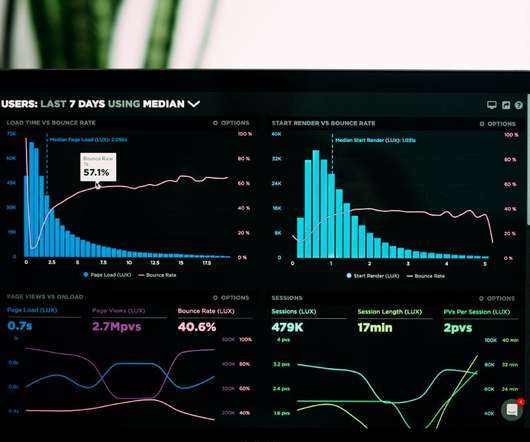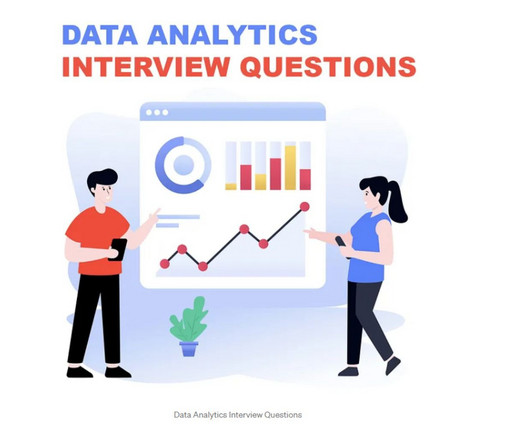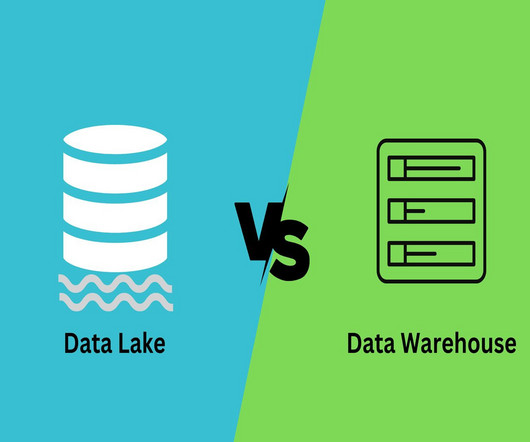How Exploratory Data Analysis Helped Me Solve Million-Dollar Business Problems
Towards AI
JANUARY 27, 2023
In the increasingly competitive world, understanding the data and taking quicker actions based on that help create differentiation for the organization to stay ahead! It is used to discover trends [2], patterns, relationships, and anomalies in data, and can help inform the development of more complex models [3].















Let's personalize your content